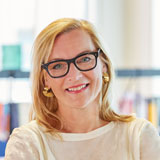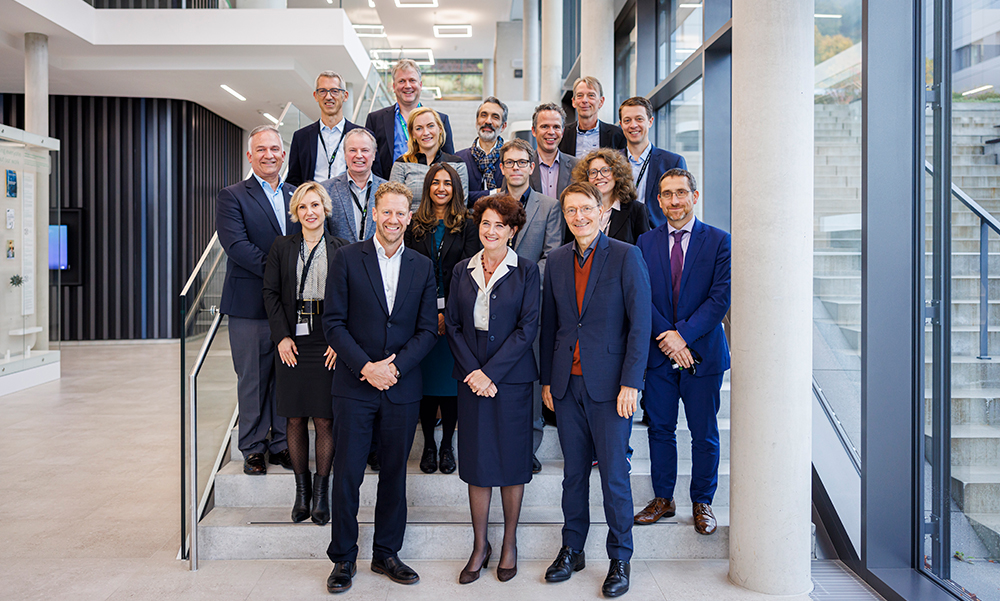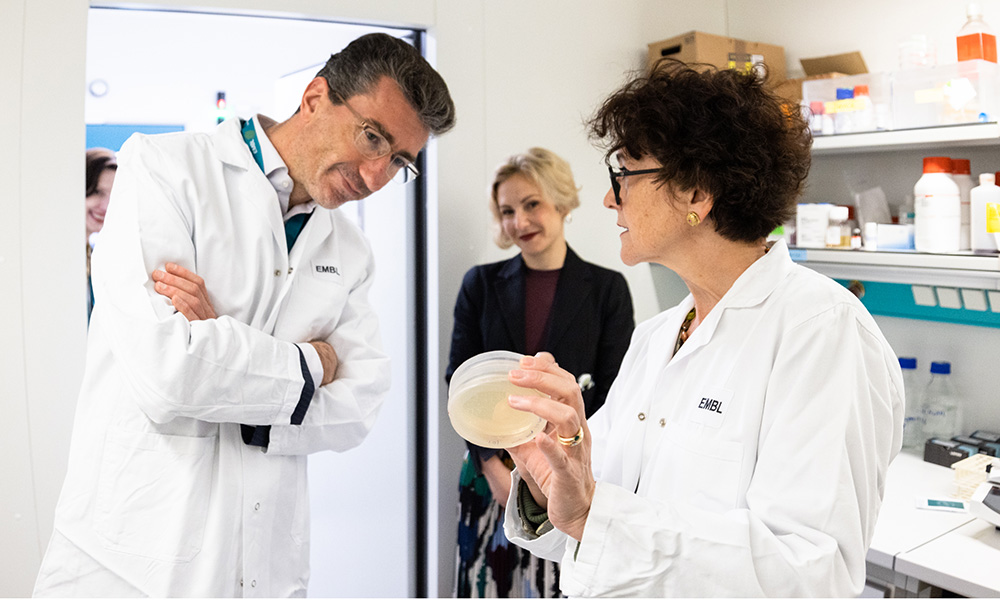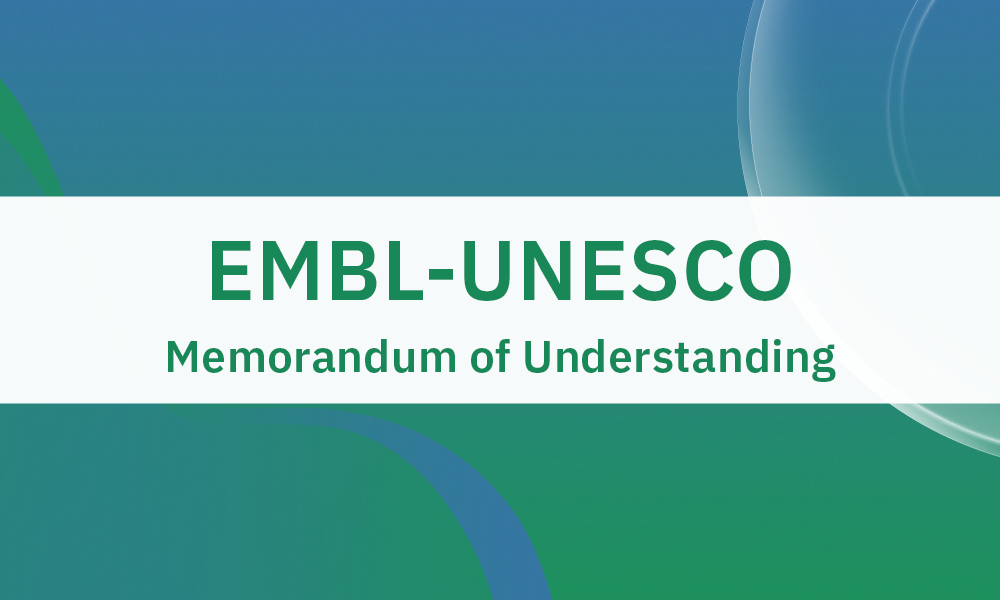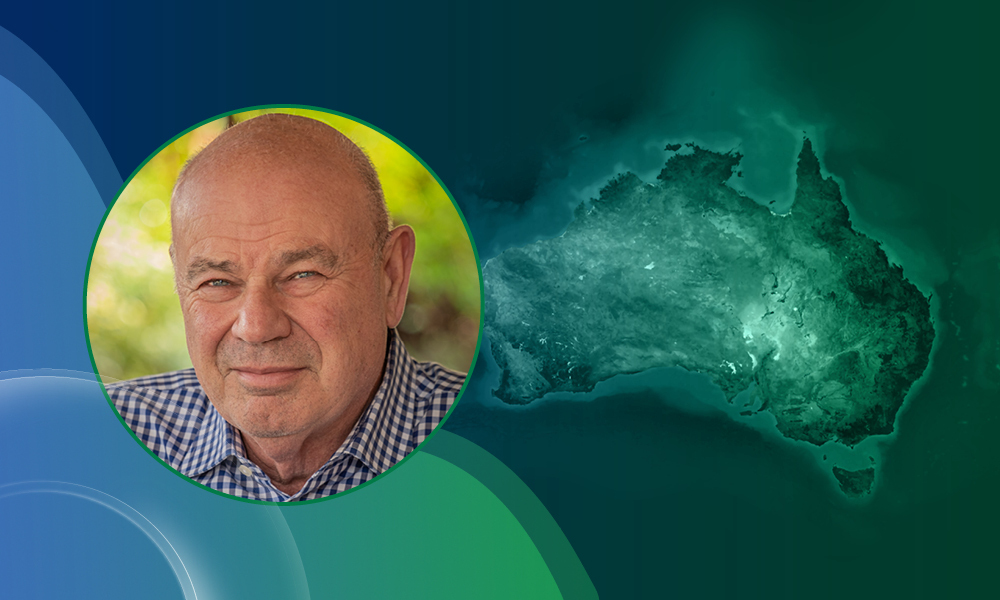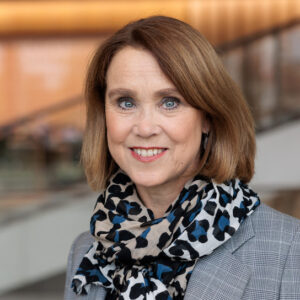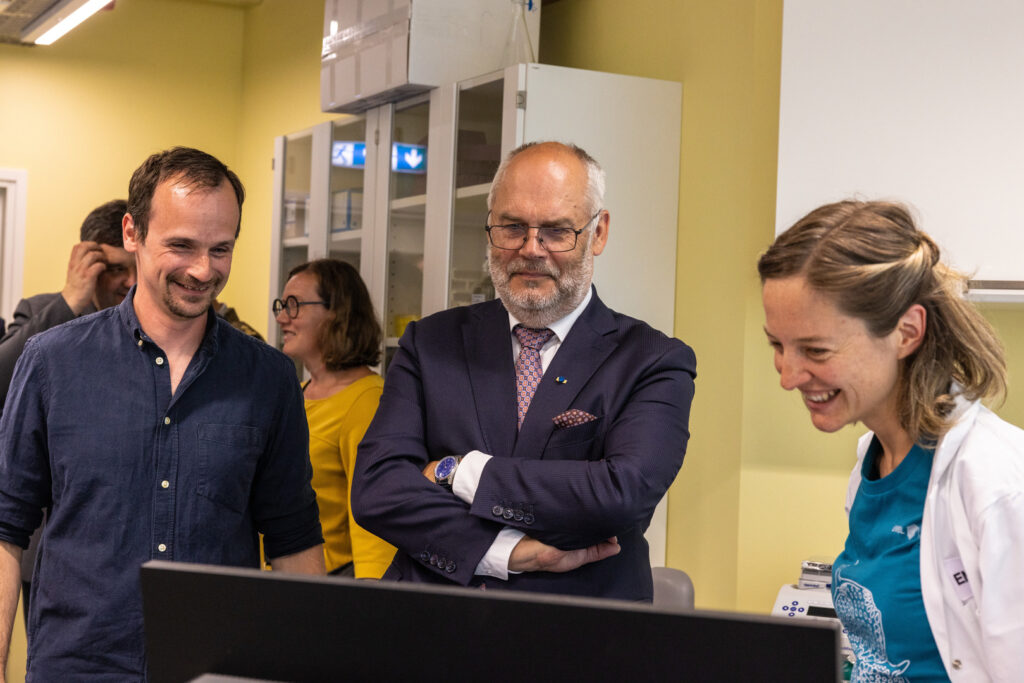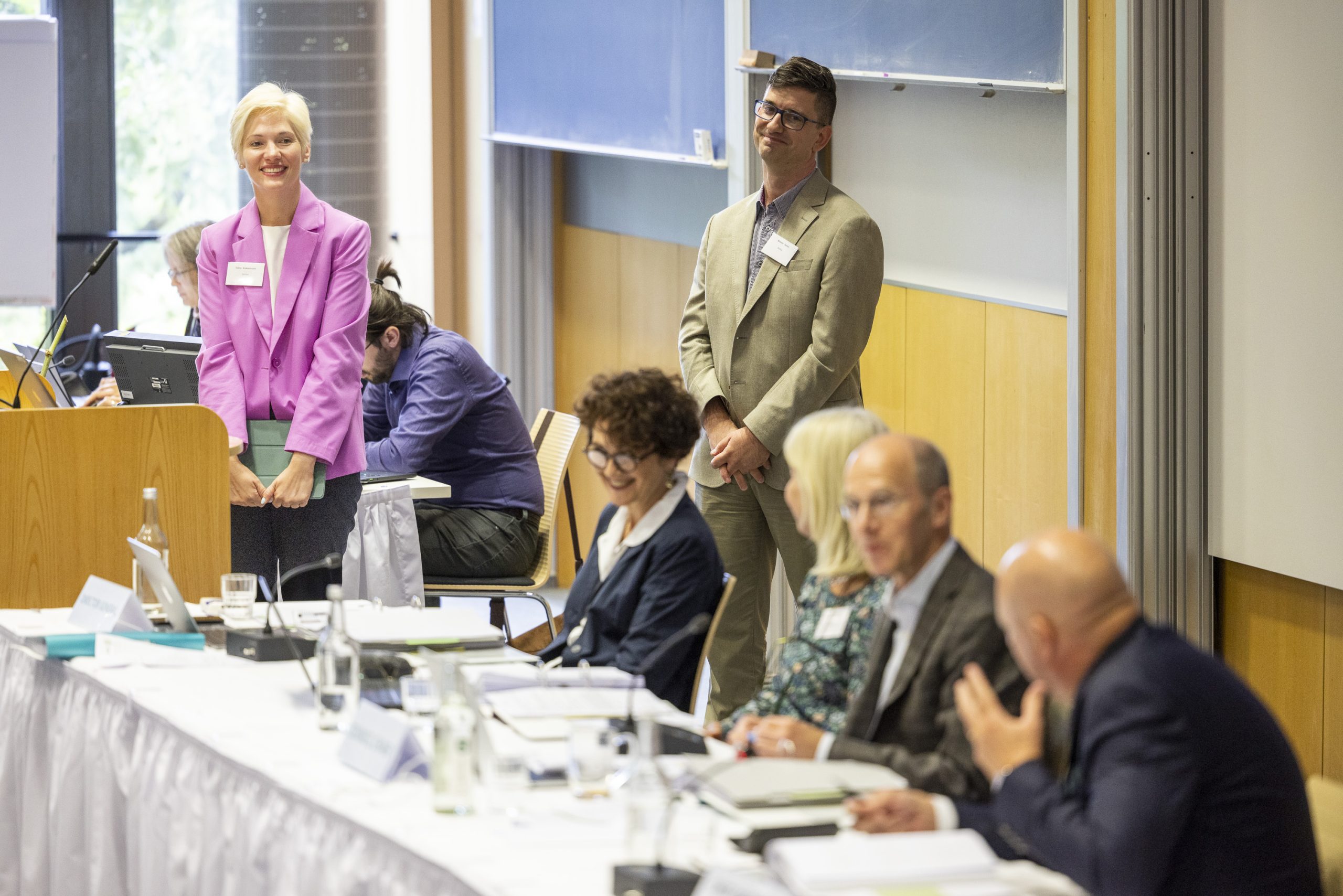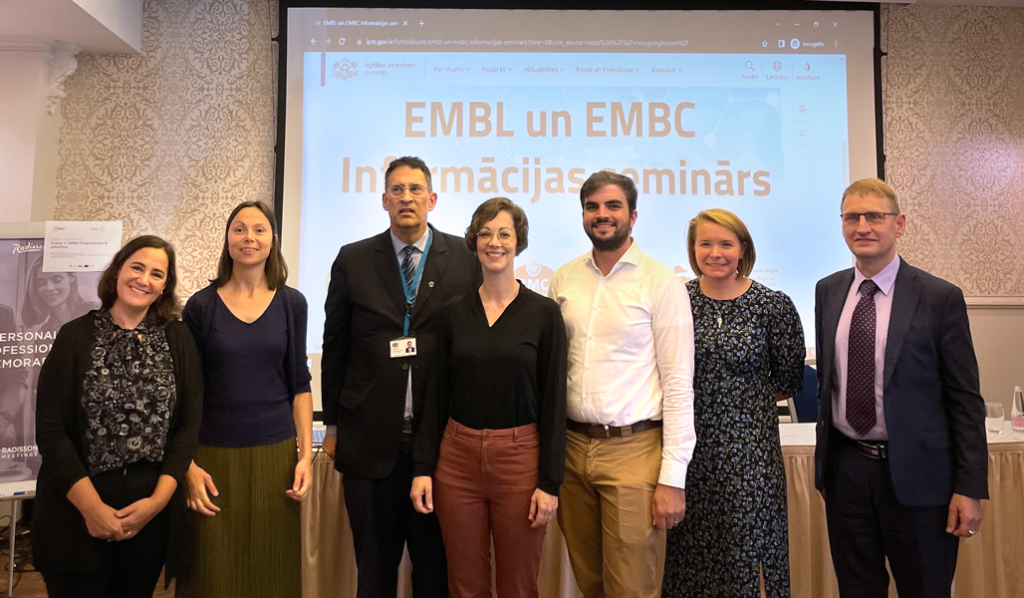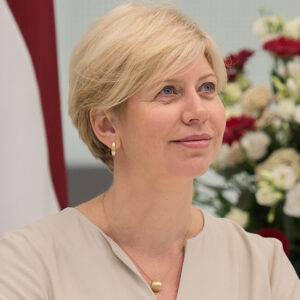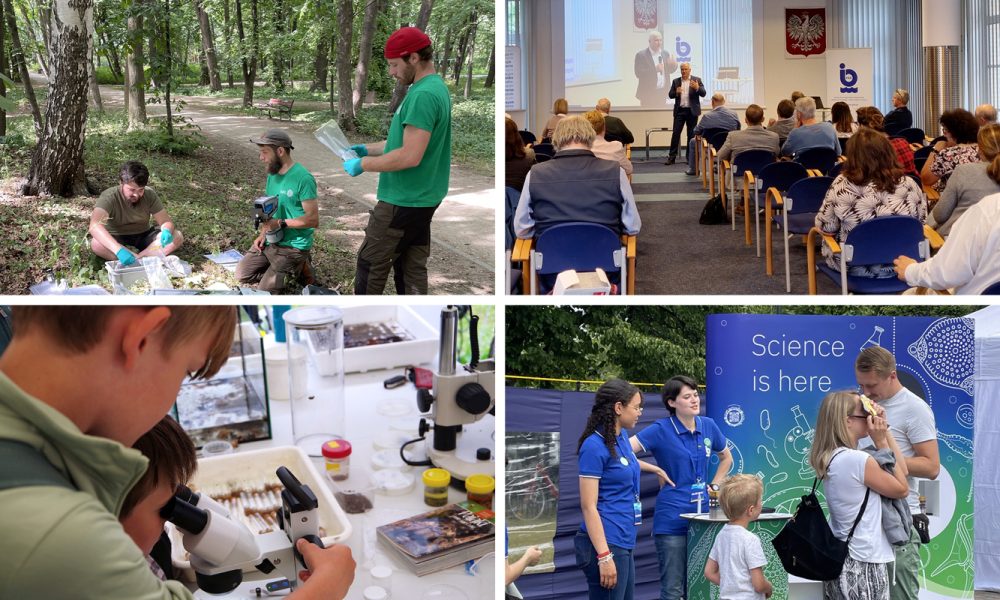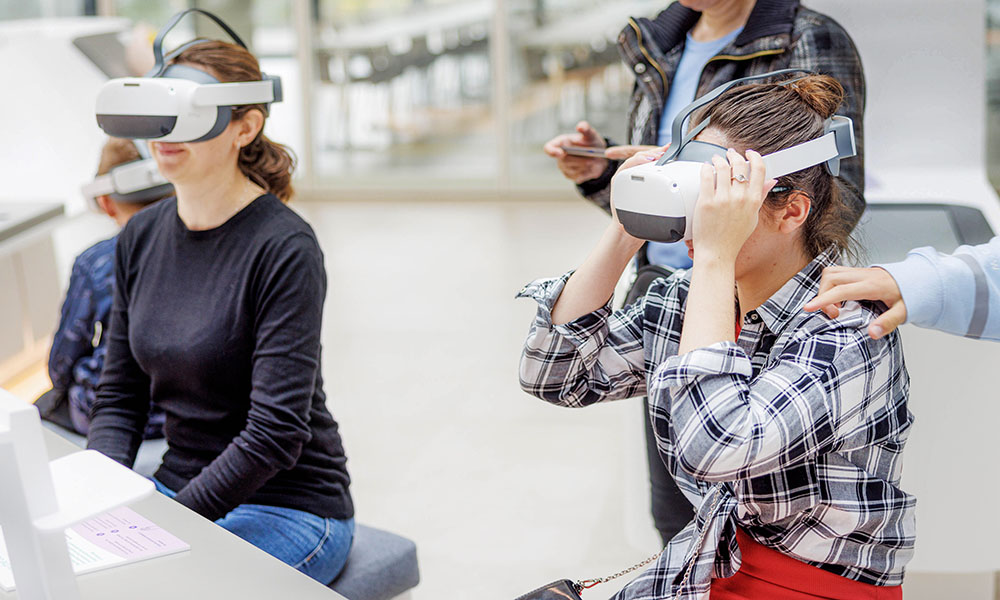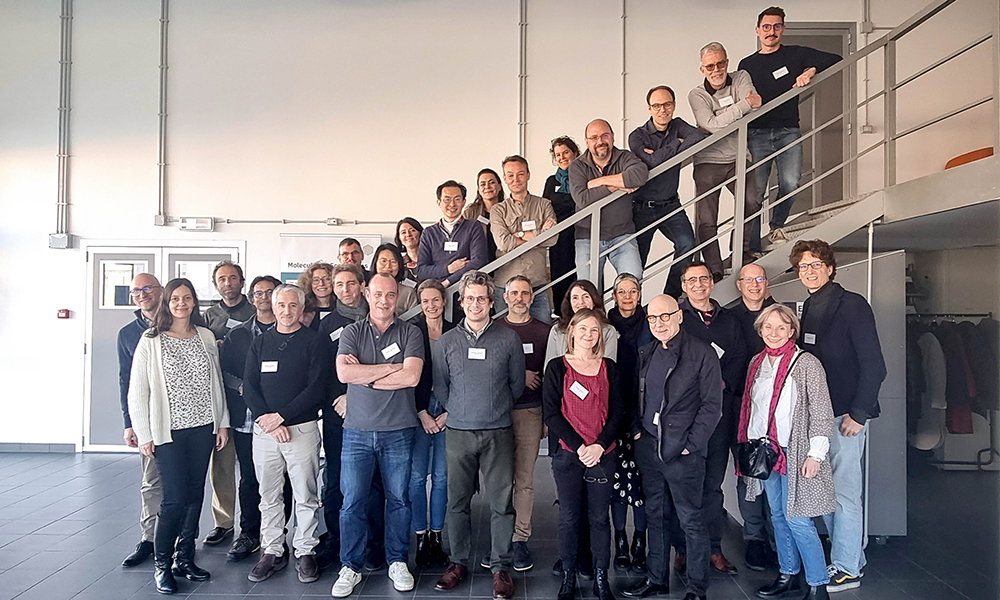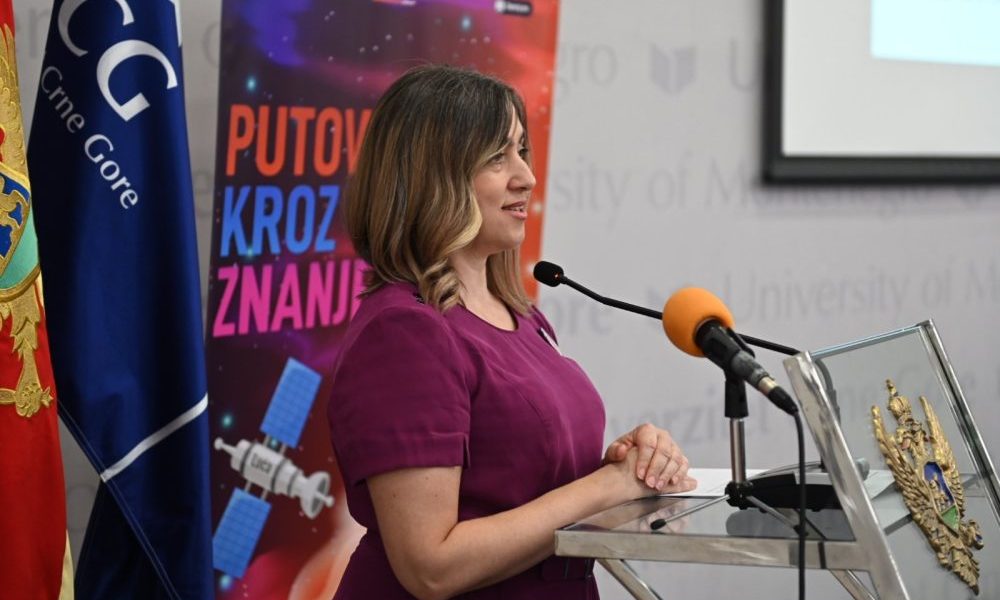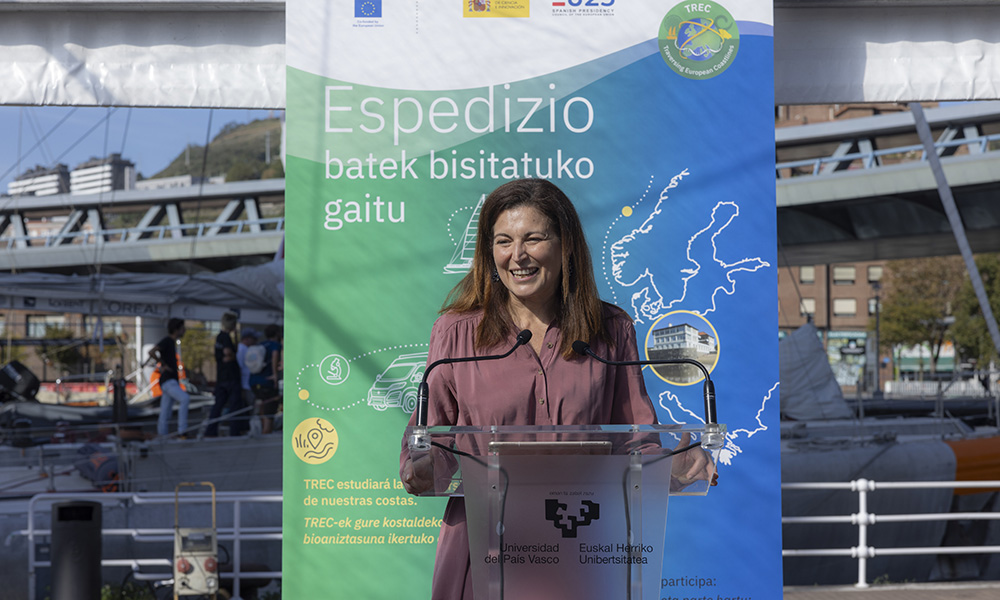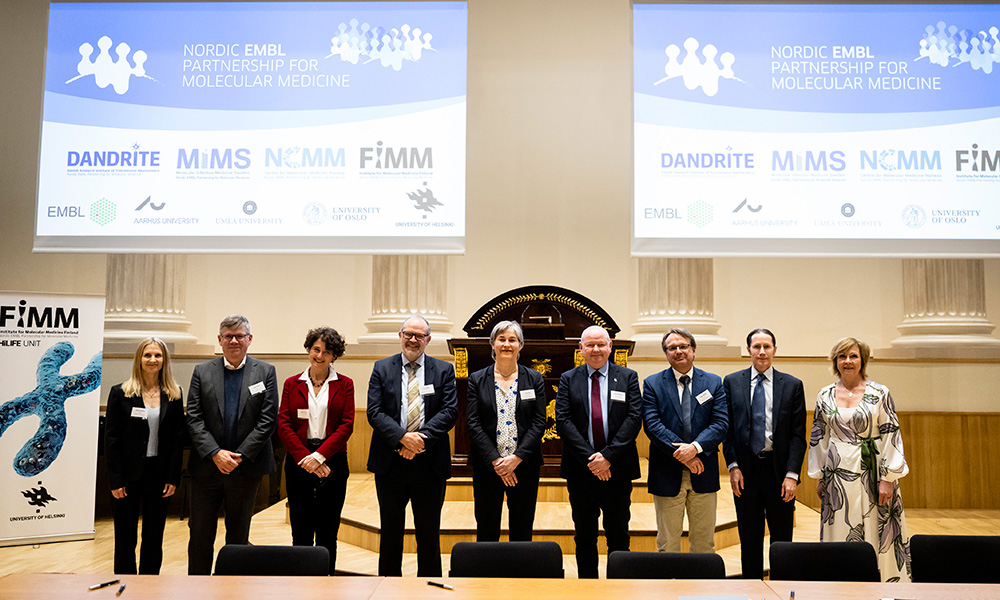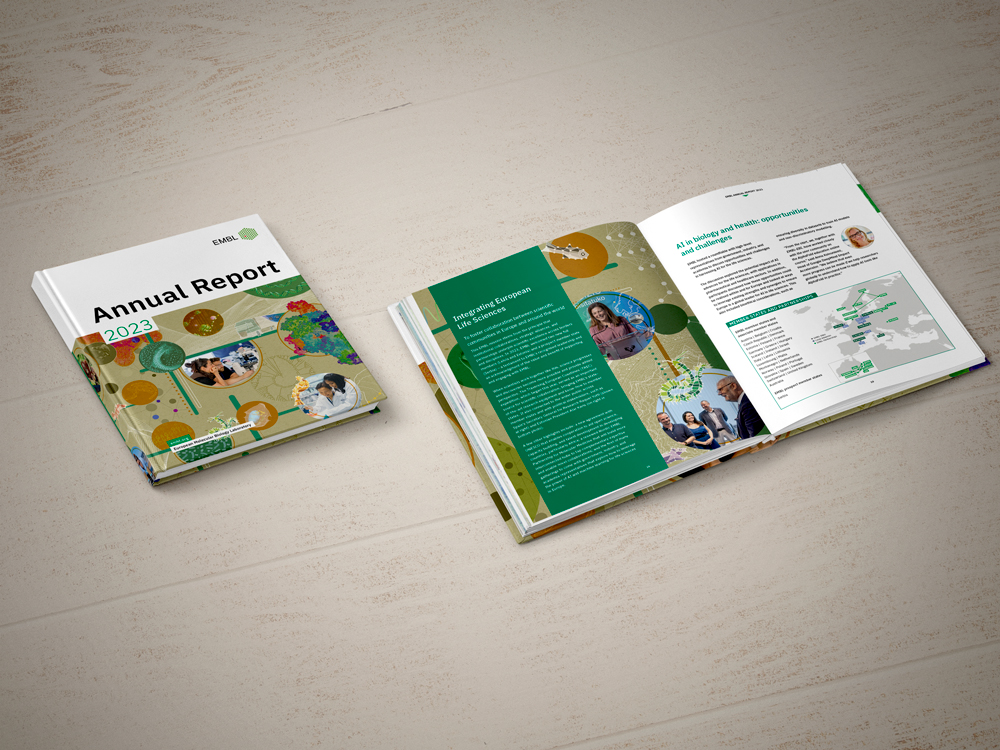
This EMBL mission stems from the principle that institutional collaborations, strategic alliances, and partnerships underpin scientific excellence across borders and disciplines.
In 2023, EMBL welcomed two new full members (Latvia and Estonia) and a prospect member state (Serbia) – a testament to EMBL’s recognised leadership and an acknowledgment of the value and benefit of supporting and engaging with EMBL.
When scientists work together like this, science progresses and discoveries become more possible and provide added perspective. The Traversing European Coastlines (TREC) expedition, which began this year, served as an important source for scientific collaboration, bringing EMBL’s state-of-the-art research equipment and know-how to member states. It also connected political stakeholders and the wider public across member states.
A few other highlights include: a new agreement with UNESCO that enables cooperation that aids open science, capacity building, and talent development in developing countries, particularly Africa; a renewed Nordic EMBL Partnership for Molecular Medicine that will build more interconnected hubs to tap complementary expertise and enable novel collaborations; and the first of many gatherings to come with government, industry, and academia representatives that explore how to leverage the power of AI and machine learning for life sciences in Europe.

